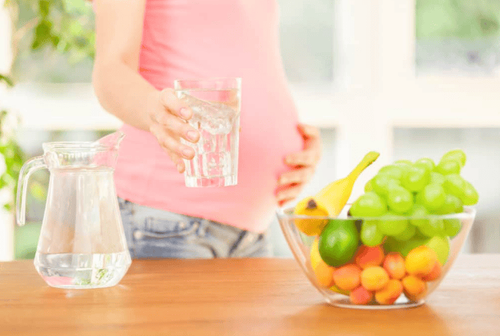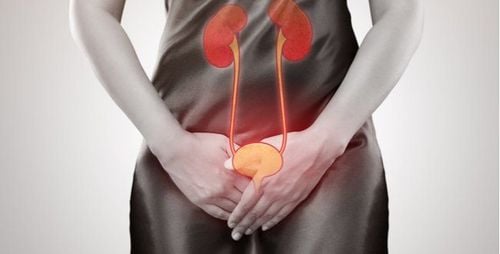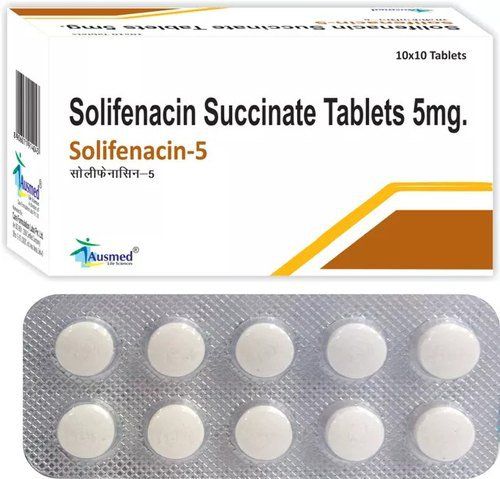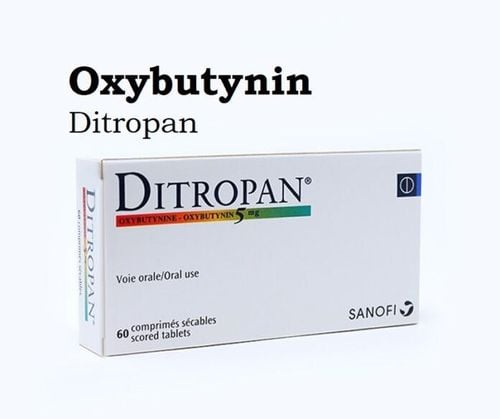This is an automatically translated article.
Similar to gestational diabetes, gestational diabetes insipidus is also one of the endocrine diseases acquired during the third trimester. However, this condition is rare in the community.
1. What is gestational diabetes insipidus?
When you have gestational diabetes insipidus, you will be so thirsty that you drink a lot of water every day. As a result, you need to go to the bathroom once or twice an hour.
Pregnancy is not the cause of the disease. However, the disturbance of hormones in the mother's body makes the disease easier to start. Fortunately, the disease will go away when outside the postpartum period. However, many cases are lifelong.
2. Causes of gestational diabetes insipidus
Pregnancy is one of the risk factors for diabetes insipidus. This disease has been latent since the placenta was formed to support the developing fetus inside the womb. The placenta is a link that helps transport nutrients and waste between mother and baby. However, in some unusual cases, an enzyme that the placenta produces itself destroys the mother's hormone, a hormone that controls the amount of water excreted by the kidneys and out of the body. body.
This hormone is called Vasopressin and is also known as anti-diuretic hormone, or ADH. When you feel thirsty, the amount of ADH increases in the body, preventing the body from excreting urine. Conversely, when ADH levels are low, you will have to urinate more often.
When you have diabetes insipidus during pregnancy, the enzyme that the placenta produces will destroy Vasopressin, causing the mother's body to lose water and feel very thirsty. This causes the mother to need to drink more water, then produce more urine, creating a vicious cycle. The consequences are sometimes causing the mother to lack control in urination, possibly bed-wetting and susceptible to UTIs.

Phụ nữ mang thai là một trong các yếu tố nguy cơ mắc phải bệnh đái tháo nhạt
3. What are the symptoms of gestational diabetes insipidus?
Most pregnant women often have to urinate several times at night due to the pressure of the growing baby's head on the bladder. However, if you have frequent bowel movements with intense thirst, gestational diabetes insipidus should be considered early.
In addition, the mother may have other symptoms such as nausea, vomiting, dizziness and a feeling of weakness in the whole body. This is a symptom of a water-electrolyte disorder.
4. How is gestational diabetes insipidus diagnosed?
Doctors will often order a urine sample to be tested on the first visit with results that are diluted many times over. Questions about your eating habits will also be asked. Furthermore, some other necessary blood tests are also done to rule out other conditions with similar symptoms. In addition, women who present with symptoms of diabetes insipidus can also be tested for pregnancy if the doctor suspects the possibility of gestational diabetes insipidus.
The results of the tests will determine the most thought-out diagnosis. If enzymes from the placenta destroy the levels of ADH in the mother's blood, this is the underlying cause of gestational diabetes insipidus. Conversely, if hormone levels are completely normal, you may need to be tested for genetic causes and to rule out the possibility of the disease being passed on to your baby.
5. How is gestational diabetes insipidus treated?

Hầu hết phụ nữ đều có thể giữ cán cân thăng bằng nước và điện giải rất tốt nhờ vào việc uống nhiều nước
For the majority of women with gestational diabetes insipidus, there is no specific treatment plan other than regular antenatal check-ups and more frequent testing to screen for the possibility of falling pregnant. water and electrolyte disturbances. In the normal human body, these are the two components that create and help maintain the homeostasis, helping the metabolism to take place smoothly and efficiently. Any serious imbalance of water and electrolytes has the potential to affect the life of the mother and the fetus.
Despite this, most women are able to keep this balance very well by drinking plenty of water, equivalent to the amount of water lost for the rest of the postpartum period. At this point, the doctors will just want to make sure the mother's body is not dehydrated or at risk of water intoxication. To do so, pregnant women need to be instructed to always have a certain amount of drinking water ready by their side to use whenever they feel thirsty.
If gestational diabetes insipidus causes severe dehydration, risks affecting the mother's life or fetal development, causing oligohydramnios, the doctor should consider prescribing a synthetic hormone called Desmopressin. This substance works like Vasopressin, helping to control urination, protecting the body from absorbing more fluid without excreting it all. This medication is usually given as a nasal spray or as a pill or injection.
6. What is the progress of gestational diabetes insipidus?
Most cases of gestational diabetes insipidus will resolve on their own 4-6 weeks after termination of pregnancy. However, some rare cases may last for an indefinite period and require an ongoing treatment regimen.
In addition, a woman who has had gestational diabetes insipidus once has a higher risk of developing it in subsequent pregnancies.
In short, gestational diabetes insipidus, although rare, has a heavy impact on the mother's life and fetal health. Although the symptoms are quite typical, it is still necessary to have the above basic information to orient the disease early and guide the mother to know how to adapt. Only severe cases need specific treatment to help ensure safety during pregnancy.
At Vinmec International General Hospital, there is a package maternity service as a solution to help pregnant women feel secure because of the companionship of the medical team throughout the pregnancy. When choosing Maternity Package, pregnant women can:
The pregnancy process is monitored by a team of qualified doctors Regular check-up, early detection of abnormalities Maternity package helps to facilitate the process. birthing process Newborns get comprehensive care
Please dial HOTLINE for more information or register for an appointment HERE. Download MyVinmec app to make appointments faster and to manage your bookings easily.













